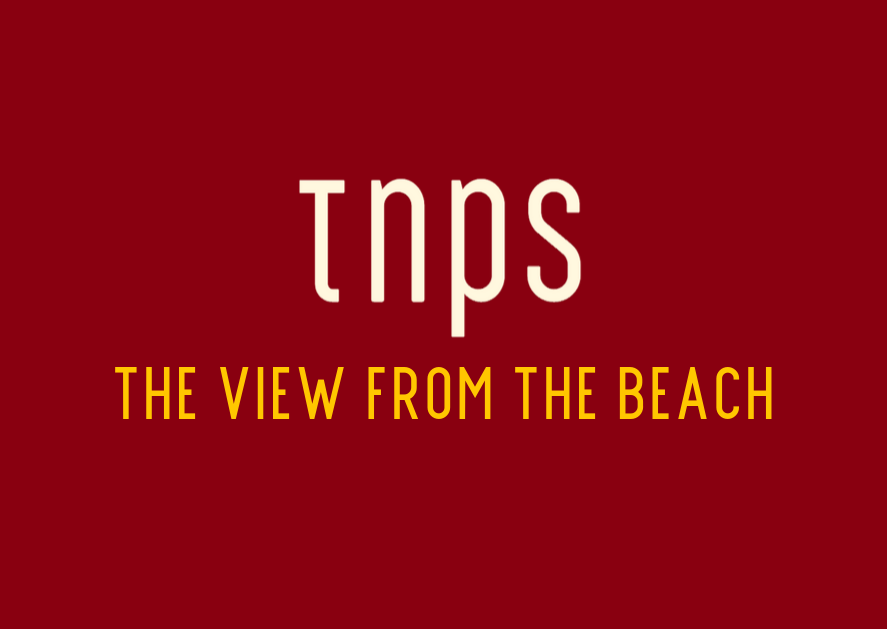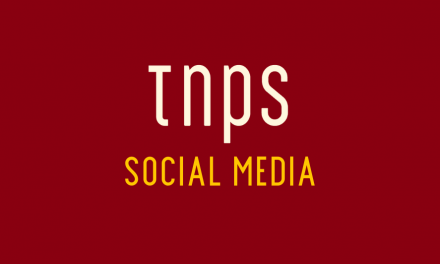In fact, some of my all time favourite “classics” are romance novels.
Are romance novels literature? That was the question posed by Casey McQuiston in Time magazine as this month kicked off, and has been on my list of things to vent over ever since.
But we get enough of that in US politics right now, so I’ll keep this brief.
I’m a novelist, but I don’t write romance, although I’ve toyed with some rom-com ideas, and maybe one day…
But do I read romance? Yes, but not across all romance genres. But I would never even think of saying that romance novels are not literature.
In fact, some of my all time favourite “classics” are romance novels. Bram Stoker’s Dracula and Mary Shelley’s Frankenstein are incredibly powerful love stories that are as readable today as the day they were first published.
The same for most Jane Austen novels, and it was Austen that led me to the modern rom-com genre, fuelled by the Nora Ephron books-to-films like Sleepless In Seattle, and this year I discovered Ali Hazelwood’s “STEMinist romance” titles, which are the most fun I’ve had reading “women’s fiction” since Anne R. Allen‘s Camilla Randall Mysteries.
The nonsense debate about whether romance novels are literature is echoed in genres I’m more familiar with, and actually write, such as thrillers, which the literary snobs still dismiss as “commercial fiction,” but which epitomise modern literature and to me simply suggests the literary snobs are past their sell-by date and need to be put out to pasture.
This post first appeared in the TNPS LinkedIn newsfeed.



